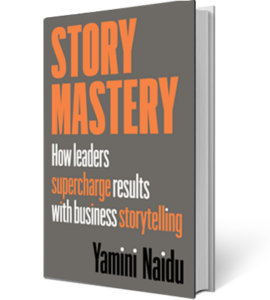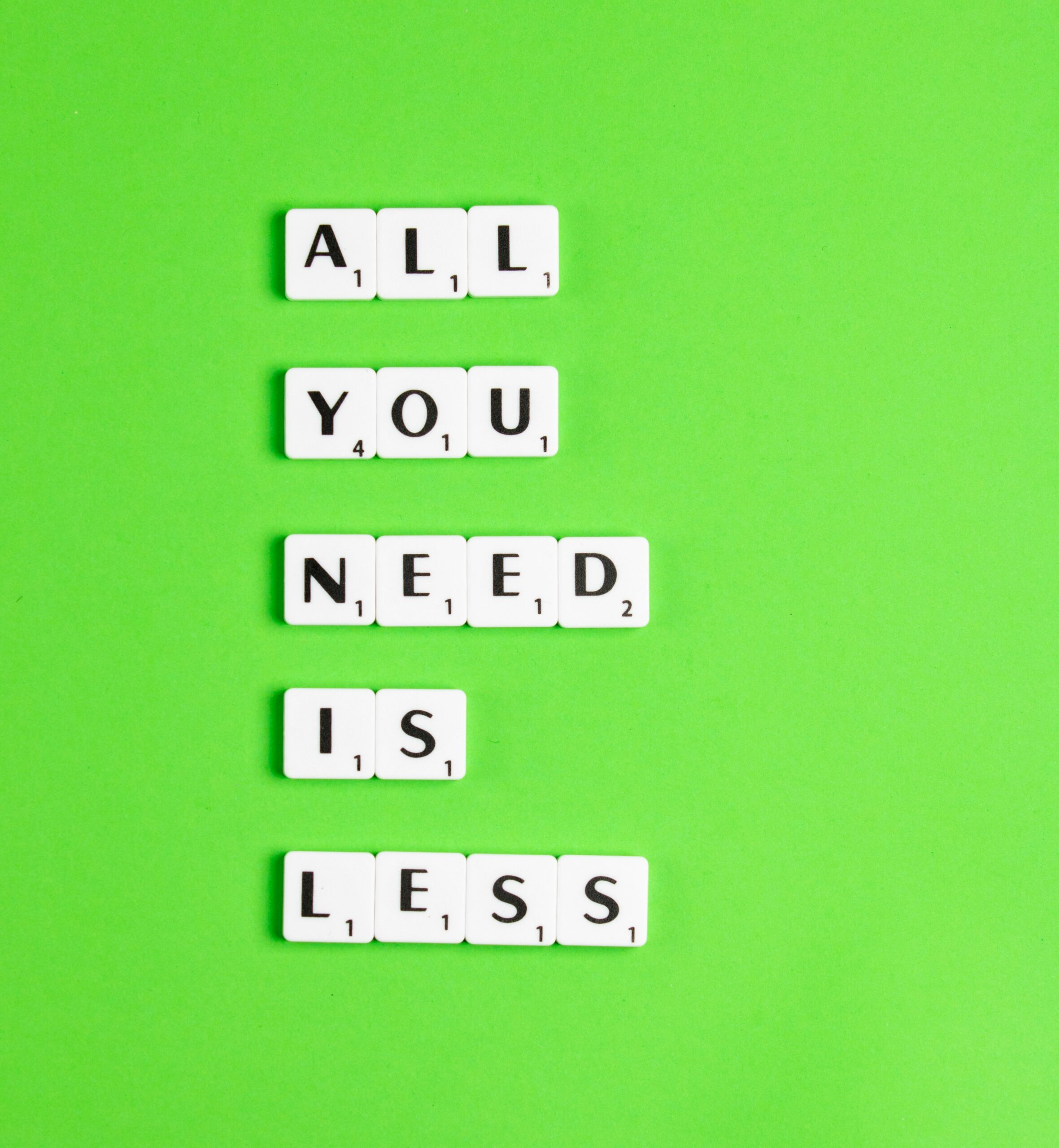Where were you when you heard Princess Diana has died? What about when September 11 happened? Most people can recall with crystal-clear clarity these events and how the news made them feel – shocked, angry, sad. This is the power of emotion.
Emotion is the most powerful thing in any presentation. It influences how your audience feels, thinks and acts. Most presenters are unaware of how important tapping into the right emotion is. Either that, or they’re scared of doing so. We’ve heard remarks like “It’s just year-end company data. There’s no emotion in that”. Or “My audience is made up of economists and they don’t do emotion”.
Don’t fall into that trap. Whatever it is you are presenting and whoever your audience is, as long as they are human, they have emotions. Life coach and performance expert Timothy Warneka once said “emotions are the untapped resource of every organisation”. When it comes to presentations, we believe that “emotions are the untapped resource of every presenter”.
So how can you bring emotion into your presentation?
The first step is to understand what makes your audience tick. Is it concern for the environment? Is it more money in the bank or more free time?
Now with your audience again in mind, think of what positive emotion you can you appeal to in your presentation? Would it be pride in a job well done? Is it about the satisfaction of having made a difference? We must emphasise again what positive emotion can you appeal to here. Not negative emotion because it is positive emotions inspire change.
Getting emotion right means people will care about your message and it will inspire them to take action. Tony Robbins says it best with “If we get the emotion right we can get ourselves to do anything”. Just imagine the power of doing that for your audience.
Choose your words wisely
Words are powerful and emotive. They stop and start wars. We can still remember the opening line of Lord Spencer’s eulogy to his sister Diane, Princess of Wales: “I stand before you today the representative of a family in grief, in a country in mourning before a world in shock.” Simple and engaging.
Do your words paint a picture, or are they just mindless mumbo jumbo? Can you say less, but have more impact when each word is carefully selected instead of just fluffed through?
Tell a story
Stories have the simplest, yet most powerful emotional force. That’s why we’ve been telling and listening to stories since the dawn of time.
Candice Lance, Communications and Events Officer shared this story to demonstrate her point that it’s OK to be out of control sometimes.
The plane had just reached 12,000 feet – I was sitting on the edge of the open door. The time had come, it was my turn. In just a split second my mind raced – what was I thinking, what did I have to do, what did they tell me, was the guy behind me having a good day, was this such a good idea?
Didn’t really matter what the answer was to any of those questions – I was out the door, no turning back. I was bending like a banana, holding on like I was told, remembering my training and plummeting towards the ground – I was tandem sky diving!
What a rush. I was flying. I was free. As we continued to fall I remembered the videos of this moment as people landed safely on the ground crying and hugging their instructor I thought, ‘what saps I would never do that’. Moments later my feet touched the ground I was jumping up and down, hugging my instructor, crying – yes what a sap!
I am not sure if I would go sky diving again, but I did learn a lesson or two. Sometimes it is OK to let go, some times it’s OK to be out of control. And it is definitely OK to trust your training and the people who are the trained experts.
When you get the emotion right in your presentation people will walk out, remembering what you said and being inspired to act on it. More power to you!

Story Mastery
Discover stories from leaders like you, who have applied these simple steps and achieved career-defining business results. Storytelling is not a natural gift, but a skill you can learn.
Recent Posts
You Won’t Believe What I Saw in the Park

My name is Yamini Naidu, and I’m an addict

One power move for every time you present

Fascinating, but I’m not sure I could – can you?

One technique that changed my presentations forever

I went psycho in the gym this morning
Categories
- Books2
- Business storytelling articles37
- Business storytelling examples47
- Business storytelling techniques75
- Business Storytelling training64
- Case Study5
- Conference Speaker3
- Examples of Story66
- Inspiration33
- Interview with…7
- Latest Posts185
- Life hacks3
- Presentation Skills17
- Speaking11
- Technology3
- Thoughts111
- Uncategorized3
- X Factor12

